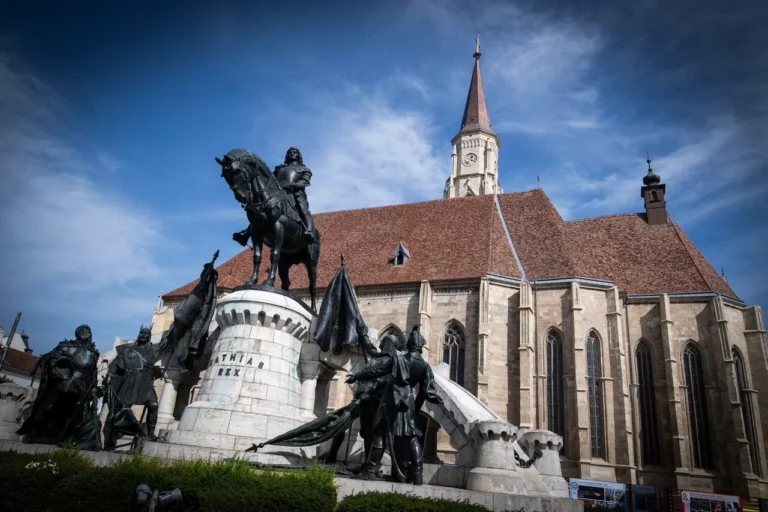religion
Hungary helps persecuted Christians all over the world

President: Hungary is a friend of Israel and Jewish communities
President Katalin Novák met the leader of the World Jewish Congress and the heads of several international and American Jewish...
LMP: State-run social institutions discriminated

Hungary Helps: It’s factually clear that Christianity is the world’s most persecuted religion

Census in Hungary: Statistical office consults with churches

Hungary-Africa Week: ‘Africa continent of opportunities, future’
Hungary regards Africa as a continent of opportunities and the future, and will seek to build cooperation based on mutual...
Hungarian Reformed Church supports setting up shelters in Transcarpathia

Serbian Orthodox patriarch decorates Orbán

Hungarian singer receives 85 death threats because she is religious

Cardinal: pope may visit several towns, spend at least 3 days in Hungary

Pope Francis may visit Hungary! Here is when

Hungary set to start preparing 2023 papal visit

Calvinist Conference in Szárszó: “Blessing and joy, that we are Calvinists”
No matter how strange it may sound: Calvinists form a national strategy of Hungarian Calvinists in the Carpathian Basin. In...
Cardinal Erdő expresses solidarity with arrested Nicaraguan bishop
Cardinal Péter Erdő, the head of the Hungarian Catholic Church, has expressed his solidarity with the Catholic Church of Nicaragua...
Astonishing Hungarian church renovated in Romania’s 2nd biggest city

Do Hungarian churches agree with Orbán’s mixed race speech?

Hungarian Chief Rabbi also reacts to Orbán’s “mixed-race” speech

Amazing kosher restaurant just opened in Debrecen! – MENU, PHOTOS





 ZH
ZH IT
IT DE
DE HR
HR NL
NL FR
FR JA
JA RO
RO RU
RU ES
ES TR
TR
